Know before you go. Discover unusual customs, laws, and traditions from around the globe that may surprise you.

Travel is full of surprises, but some international quirks are downright baffling. From peculiar traditions to unexpected laws, these oddities can leave even the most seasoned traveler scratching their head. Whether you’re planning your next big adventure or just love learning about the world, this list of unusual travel oddities is sure to amaze and amuse—especially for boomers who thought they’d seen it all!
1. In Spain, The Afternoon Siesta Isn’t A Myth
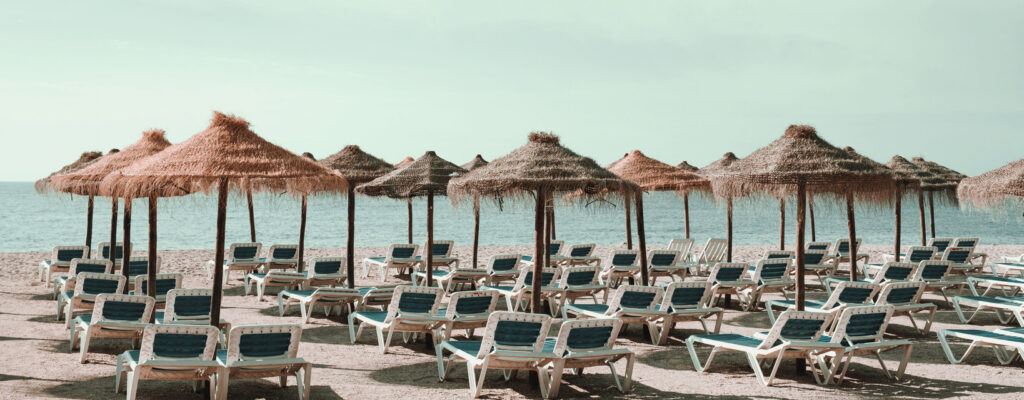
While it’s becoming less common in big cities, many small towns in Spain still embrace the tradition of a mid-afternoon nap. Shops often close between 2 PM and 5 PM, giving locals time to rest or spend with family. Travelers may need to adjust their schedules but can take advantage of the quieter hours to relax and recharge.
2. In Switzerland, It’s Illegal To Flush A Toilet After 10 PM In Some Apartments
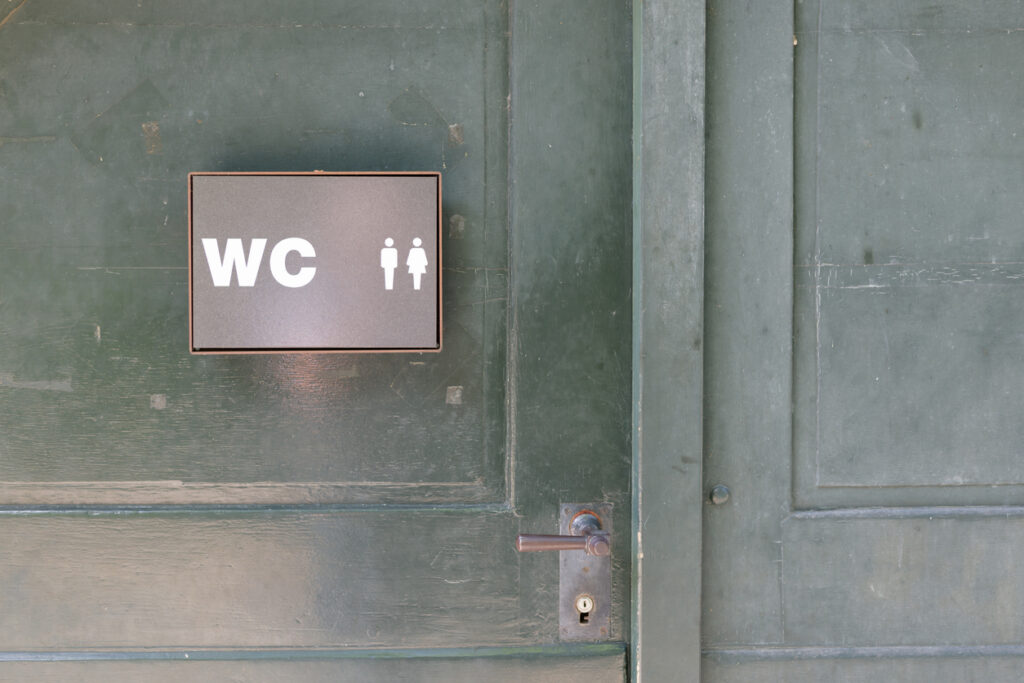
Quiet hours are taken seriously in Switzerland, and some apartment buildings have strict rules about nighttime noise—including flushing toilets. This surprising regulation is meant to ensure peace and quiet for all residents. Travelers might be surprised to learn they need to plan their late-night restroom visits accordingly. It’s a quirky insight into Swiss dedication to harmony.
3. In Italy, Cappuccino Is A Morning Drink Only
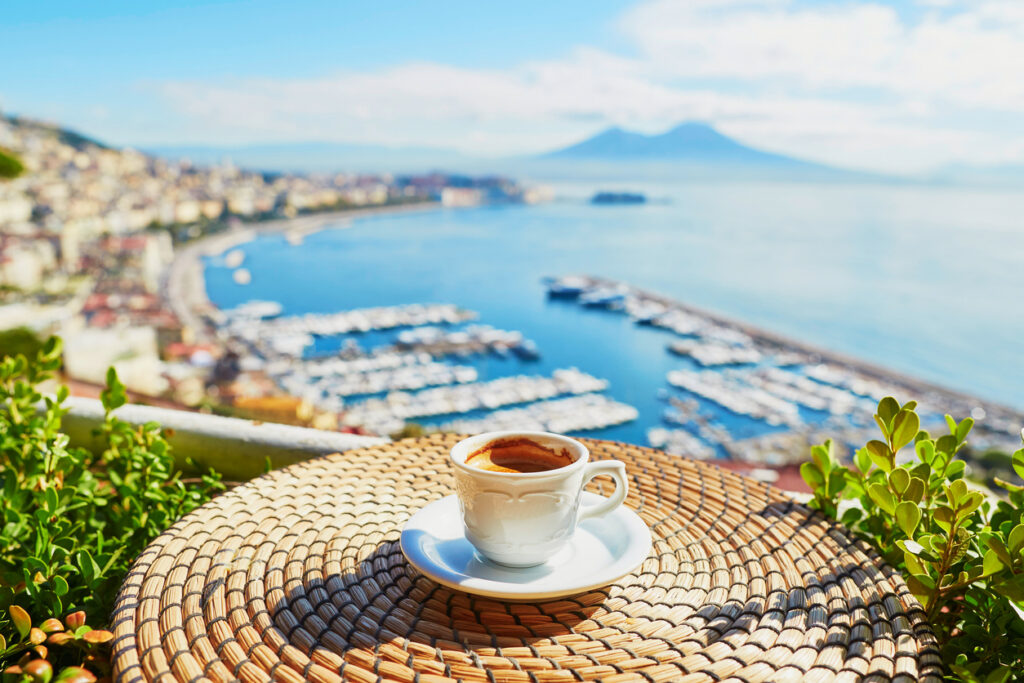
If you’re craving a creamy cappuccino after lunch in Italy, you might raise a few eyebrows. Italians consider it a breakfast drink and typically switch to espresso later in the day. Ordering one in the afternoon may label you as a tourist, but it’s a fun way to embrace local traditions and blend in with the culture.
4. In Thailand, Touching Someone’s Head Is Deeply Offensive

In Thai culture, the head is considered the most sacred part of the body, and touching it—even as a friendly gesture—is a major faux pas. Travelers should also avoid pointing their feet, the body’s lowest part, at others. Being aware of these customs shows respect and ensures a more pleasant experience when exploring Thailand.
5. In France, Kissing On Both Cheeks Is A Standard Greeting

Forget the handshake—many regions of France embrace the “bise,” or cheek kisses, as a way to say hello. The number of kisses varies depending on the region, ranging from two to four. Boomers might find this custom charming or intimidating, but it’s a great way to immerse yourself in the culture. Just watch and follow the locals’ lead!
6. In India, Eating With Your Left Hand Is Discouraged
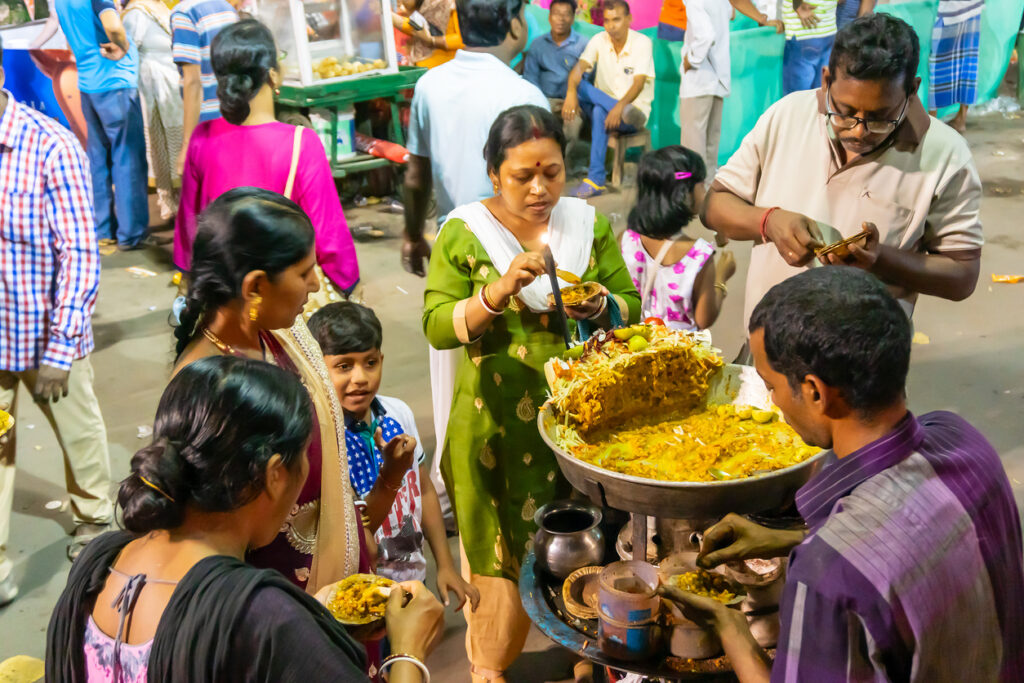
In many parts of India, the left hand is considered unclean and reserved for personal hygiene tasks. When dining, it’s important to use your right hand for eating, passing dishes, or accepting food. Understanding this custom not only avoids awkward moments but also shows respect for local traditions.
7. In Germany, It’s Illegal To Run Out Of Gas On The Autobahn

Planning ahead is key when driving in Germany, especially on the Autobahn. Running out of gas on this high-speed highway is illegal and could result in a hefty fine. Boomers who love road trips should double-check their fuel gauge to avoid any unexpected stops—or fines—while exploring Germany’s scenic routes.
8. In Australia, Locals Celebrate A Holiday Devoted To Barbecuing
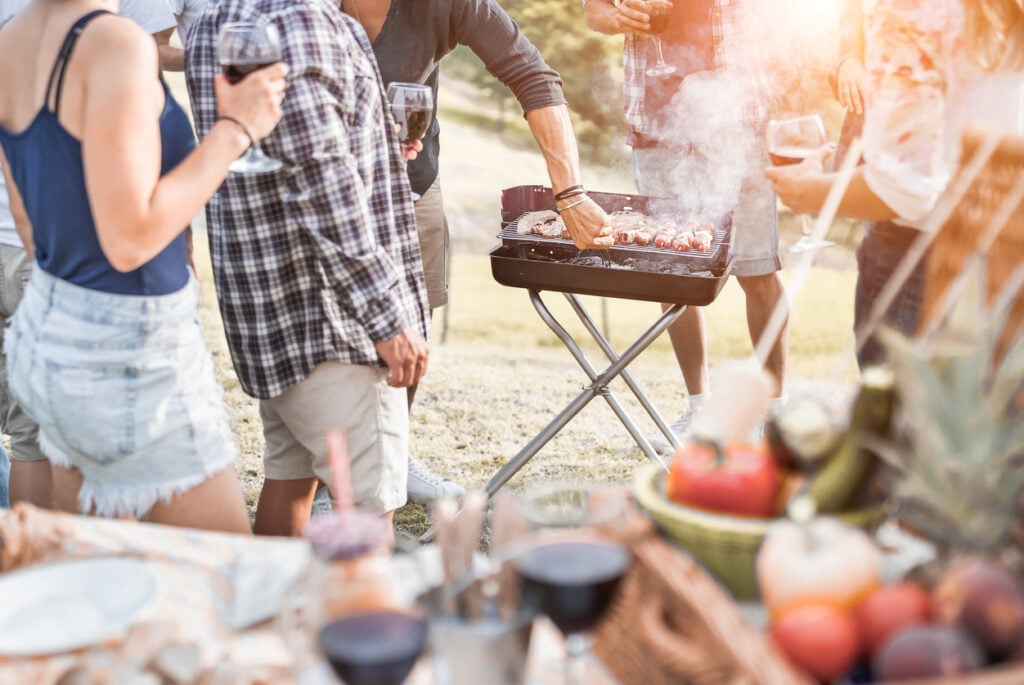
Australia’s “National BBQ Day” is more than a casual cookout—it’s a beloved cultural event. Families and friends gather to grill their favorite meats, often accompanied by outdoor games and music. For visiting boomers, joining in this fun celebration is a delicious way to connect with locals and experience true Aussie hospitality.
9. In Japan, Slurping Your Noodles Is Considered Polite

Unlike in many Western countries where eating quietly is a sign of good manners, Japan celebrates noisy noodle slurping as a compliment to the chef. The sound indicates you’re enjoying the meal, and it’s believed to enhance the flavors. Boomers who grew up with strict dining etiquette may find this a refreshing—and tasty—change. Just remember to bring your best slurping skills to the table!
10. In South Korea, Tipping Can Be Seen As An Insult
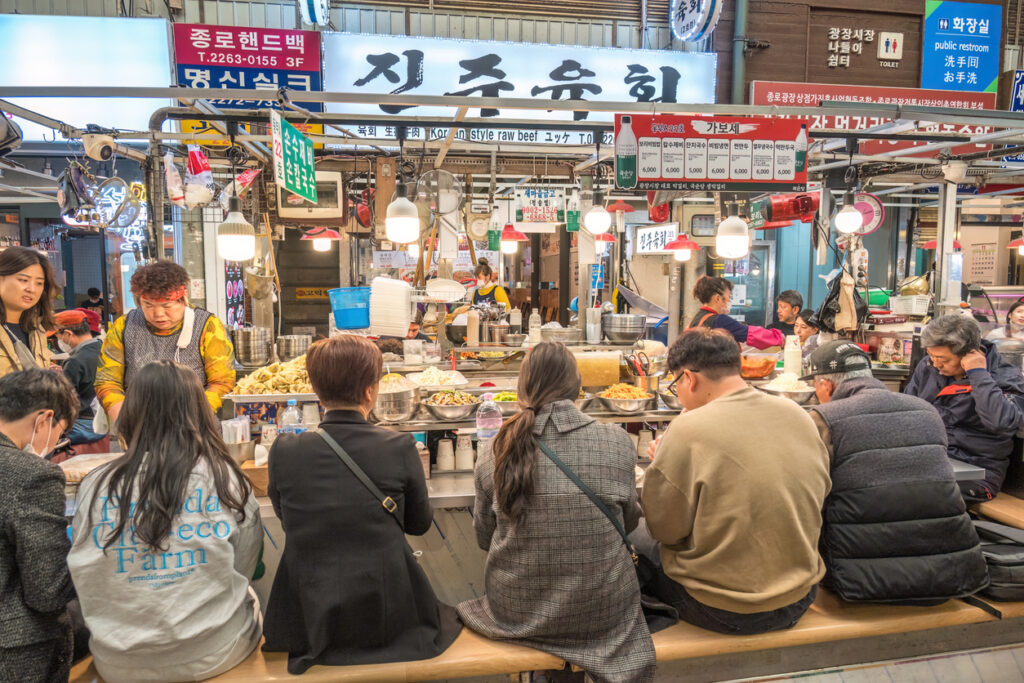
Unlike in the United States, where tipping is customary, leaving extra money at restaurants or for services in South Korea can be considered offensive. Instead, excellent service is seen as a professional standard, not something to be rewarded. Understanding this cultural difference can save boomers from awkward encounters while enjoying South Korea’s hospitality.
11. In Iceland, Parents Leave Babies Outside To Nap In Cold Weather

Icelandic parents are known for letting their babies nap outside in their strollers, even in freezing temperatures. They believe the fresh air strengthens the child’s immune system. Visitors might find this odd, but it’s a long-standing tradition backed by cultural trust and health benefits. For boomers visiting Iceland, this quirk is both fascinating and eye-opening.
